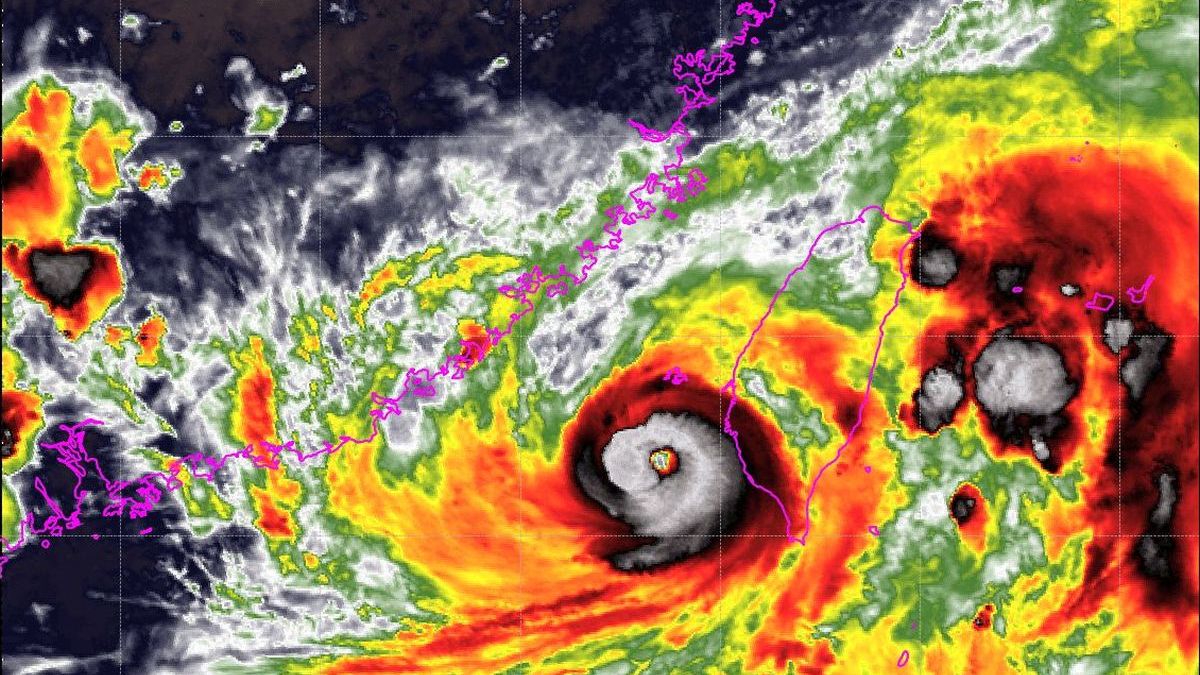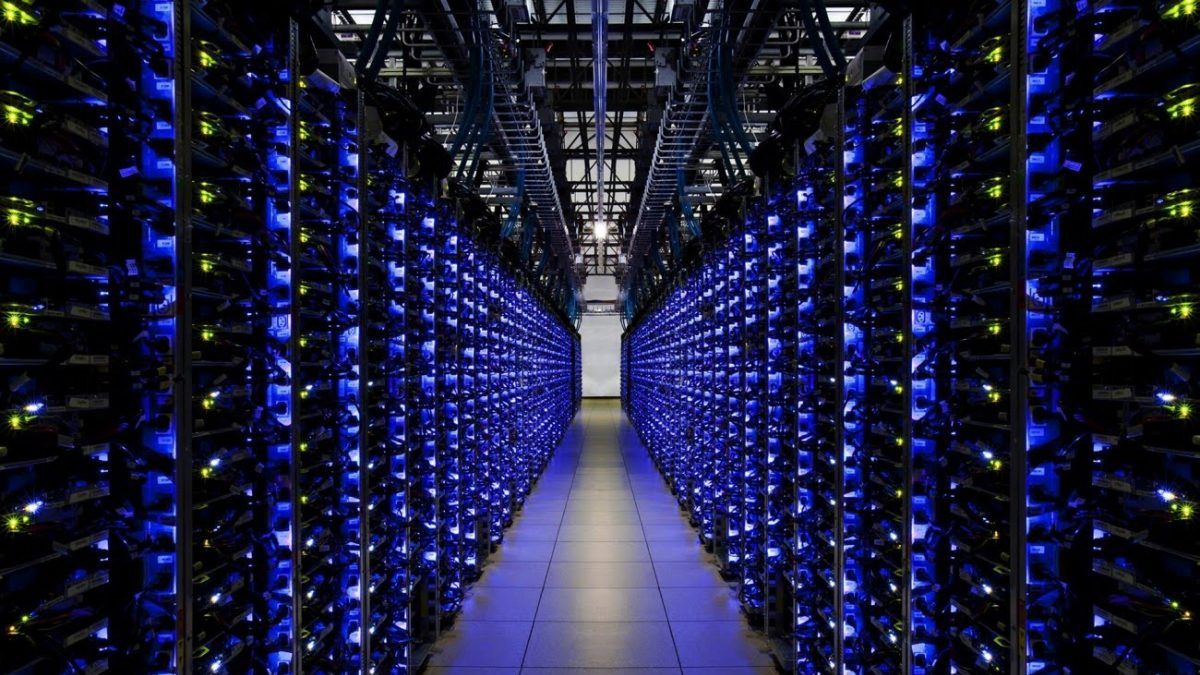Inflation will remain at a high level for the time being – and further increases in interest rates are expected. From the expert’s point of view, however, there is also a first sign that the trend reversal in inflation is imminent.
Inflation in the euro zone picked up again somewhat in April. Consumer prices rose by 7.0 percent year-on-year, according to an initial estimate from the Eurostat statistics office in Luxembourg on Tuesday. In March, the rate had fallen significantly – from 8.5 percent in February to 6.9 percent. Analysts had expected an unchanged rate for April on average. According to experts, inflationary pressure will remain high and interest rates in the euro zone are expected to rise further.
Supporting inflation is energy prices, which rose 2.5 percent year-on-year after falling in March. Overall inflation is now being driven by significantly rising prices for food and beverages, as well as for services and industrial goods.
Decline in core inflation gives hope
In contrast to general inflation, however, core inflation fell somewhat, as expected. For consumer prices excluding volatile energy and food prices, Eurostat reported a 5.6 percent year-on-year increase in April. In March, core inflation was 5.7 percent, the highest level in the currency area’s existence. According to economists, it gives a good impression of the basic inflation trend.
According to the chief economist at VP Bank, Thomas Gitzel, the fall in core inflation can be seen as the first sign that a turnaround in inflation is imminent. Despite the rise in inflation, this is good news, but not yet an argument for the European Central Bank (ECB) not to raise interest rates any further.
Core inflation is still at a high level, commented Christoph Weil from Commerzbank. “In this respect, the pressure on the ECB remains high to further raise key interest rates.” The price target of the ECB of two percent in the medium term will again be clearly exceeded. For some time now, the central bank has been fighting the high inflation with higher interest rates. Another interest rate hike is expected at the ECB interest rate meeting on Thursday.
In the meantime, the rising key interest rates seem to be having an effect on commercial bank lending. As the ECB also announced on Tuesday, the banks in the currency area significantly tightened their credit standards in the first quarter. The standards for corporate loans rose more sharply than at any time since the euro crisis in 2011. The main reason given by the ECB is the higher risk perception of the banks. The banking turmoil in the USA and Europe is likely to have played a role.
In addition, growth in the money supply in the euro zone has continued to weaken. According to the ECB, the broad money supply M3 rose by 2.5 percent year-on-year in March, after growing by 2.9 percent in the previous month. The narrower money supply M1 even shrank by 4.2 percent year-on-year. The decline is notable because M1 is considered a business cycle indicator among economists.
Source: Stern




